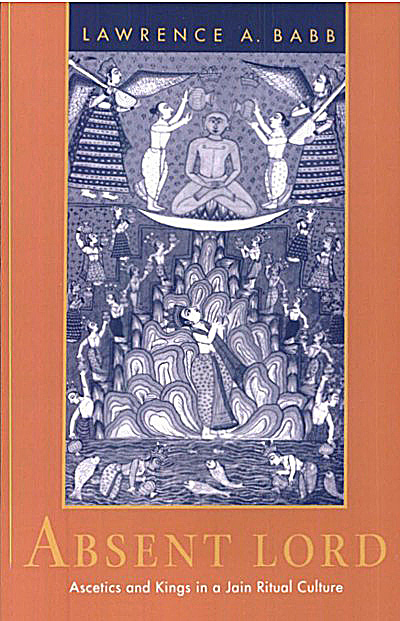The Jain universe might be likened to a three-dimensional board game. The board is samsar, the world of endless passage from existence to existence.[1] The playing pieces are infinite in number and are, subject to the rules of the game, free to move anywhere on the board. The object of the game is to leave the board. The game has no beginning or end; it has been going on from beginningless time (anadi kal se, as Jains always say) and will continue for an infinite time to come (anant kal tak). Nor does it reflect the purposes of some divine creator; there is no rhyme or reason to it - the game simply is. Most player/pieces are not even aware of the game, to say nothing of the possibility of winning; they merely wander "without a goal" (laksyahin) from existence to existence, leaving pain and havoc in their wake.
The various taxa of living things are the stopping places of player/ pieces between moves; moves occur at the moment of death. There are rules of play (often called sasvat niyam, "eternal rules," in the materials I have seen) determining which moves are possible and which are not. The human and tiryañc classes share one critical feature: After death, humans and subhumans can be reborn in any class at all. They can return to their previous classes, or they can switch from tiryañc to human, or vice-versa. Or, on the basis of sin or merit, they can ascend to heaven or descend to hell, and it should be noted that this is true of animals as well as of humans.[2] By contrast, the divine and hellish classes are one-stop existences. Gods and hell-beings must be reborn either in the human or tiryañc class.
These various rules of play result in a game with certain general features. Victory, which is moving off the board of play, is extremely difficult to achieve. Even to have a chance at winning, one must first take birth in the human class, and this in itself is hard to do. Forward and upward progress is hard; falling backwards from the goal is easy. There is no opting out of the game. The game goes on eternally, and, short of victory, there is no way at all to discontinue play.
The game metaphor used here was originally inspired by McKim Marriott's game of '' samsara " (Marriott 1984), an instructional game devised for the Civilizations Course Materials Project, Social Sciences Collegiate Division, University of Chicago. The version I have seen is dated 4-2-84. I subsequently came to know, however, that there exists a Jain version of the game of snakes and ladders called jnan baji. See Pal 1994: 86, 257.
Or at least this seems to be true of five-sensed animals. Earlier in the chapter we have seen how a cobra, having been spiritually awakened by Parsvanath when he was a Tirthankar-to-be, became the god Dharnendra. We have also seen how sins committed in animal incarnations (by the archvillain Kamath) led to sojourns in hell.
 Prof. Dr. Lawrence A. Babb
Prof. Dr. Lawrence A. Babb
